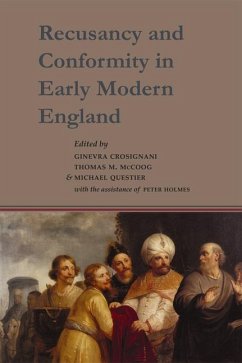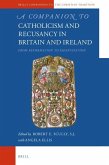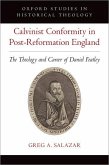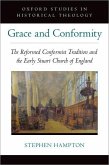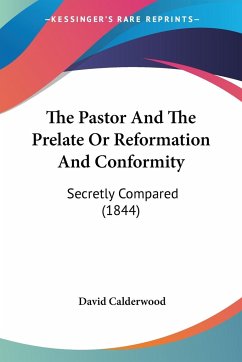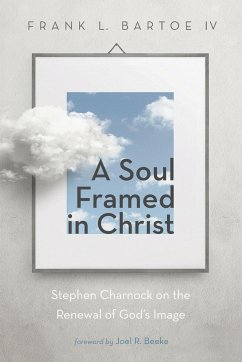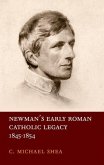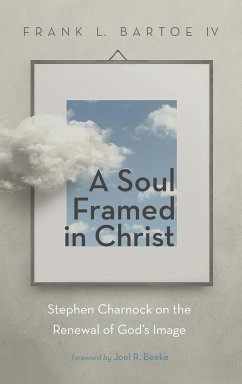Scholarship of the past few decades has succeeded in questioning the wholly objective status typically attributed to the terms of religious affiliation common in early modern England. This is not to say that expressions such as puritan, Arminian, Calvinist are without meaning. But it is equally clear that religious identities have to be reconstructed by interrogating what those terms meant for contemporaries, and by analyzing how their attitudes toward particular styles of liturgy, worship, and conformity to the law that governed the national Church shaped their own awareness of religious identity. This proved especially the case during the reign of Elizabeth I, when what it meant to be a Catholic was complicated by the question of individual compliance with the statute law, the act of uniformity of 1559 and subsequent statutes, notably in 1581 and 1587. One of the best sources for our understanding of the issue is the casuistical literature by Catholic polemicists, who argued with each other about how far conformity to the established Church could be excused, legitimated, and even recommended, in particular as a response to government claims that, at some level, conformity signified no more than obedience to secular temporal authority. This volume seeks to make available in translation to students and scholars in early modern studies the principal texts on conformity and recusancy in the Elizabethan Church.
Hinweis: Dieser Artikel kann nur an eine deutsche Lieferadresse ausgeliefert werden.
Hinweis: Dieser Artikel kann nur an eine deutsche Lieferadresse ausgeliefert werden.

